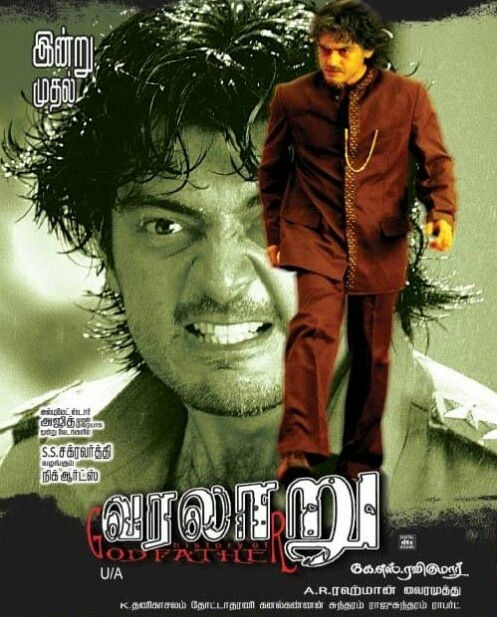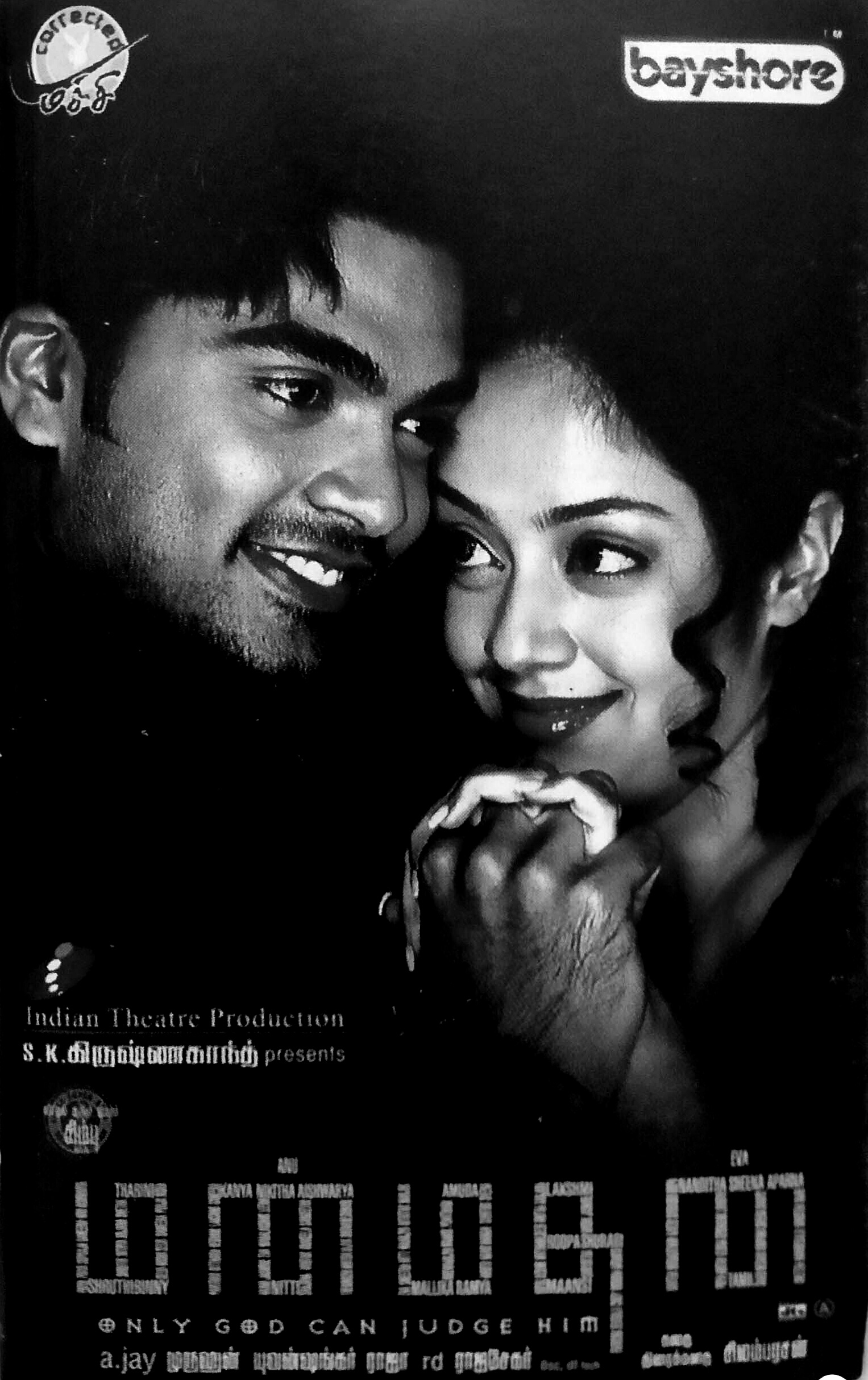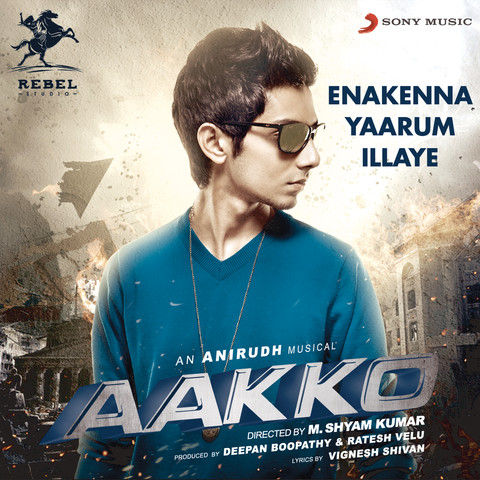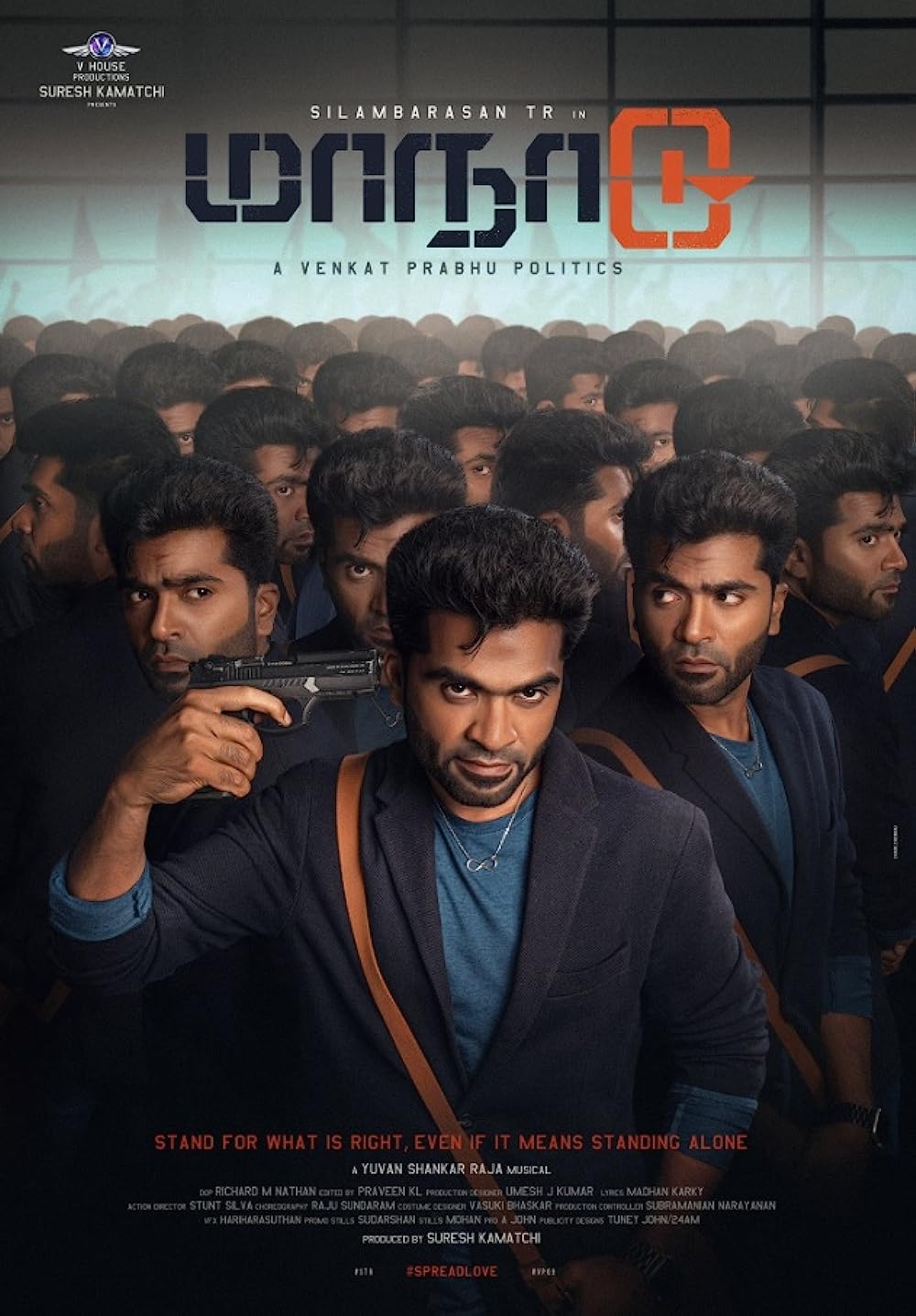Varalaaru
‘Varalaaru’, a Tamil film, released in 2006, delves into a stirring narrative filled with elements of drama, action, and family sentiments. Directed by K.S Ravikumar, the film stars Ajith Kumar, who takes on a triple role, and Asin, who plays the lead female role. This piece aims to provide an overview of the movie without extolling any particular aspect.
Plot Summary
“Varalaaru” is an intricate tale of deception, family, and regret. The narrative begins as Shivashankar, a wealthy businessman, sends his disobedient son Vishnu to Thottapuram, a sacred village. On the false premise that the village is a brothel, Vishnu and his friends are duped by the villagers, led by Divya, to teach them a lesson.
When Vishnu proposes marriage to Divya, she leads him to believe she accepts, only to later reveal her actual identity. This leaves Vishnu heartbroken and subsequently, he misbehaves under the influence of alcohol with Divya’s family, leading to a rift.
The plot takes a dramatic turn when it is revealed that the individual causing the chaos is actually Vishnu’s twin, Jeeva, who has assumed his identity out of resentment towards their father. Jeeva’s anger stems from Shivashankar’s past actions, which included abandoning Jeeva and his mentally-ill mother.
The climax unfolds at Vishnu’s and Divya’s wedding, where Jeeva confronts Shivashankar. Upon learning about the heartbreaking history of their family and the reasons behind his mother’s mental illness, Jeeva regrets his actions. The movie concludes on a poignant note, as Vishnu embraces his brother’s identity to comfort their distressed mother.
Production
‘Varalaaru’, directed and written by K. S. Ravikumar, is a Tamil film produced by S. S. Chakravarthy under NIC Arts. Ajith Kumar takes the center stage as he skillfully portrays the complex triple role of Shivashankar, Vishnu, and Jeeva.
The film boasts of a crew that includes cinematographers like P.C. Sreeram, Priyan, Arthur A. Wilson, S. Murthy, and K. Prasad who have meticulously captured the essence of the narrative. The film’s narrative flow is complemented by K. Thanigachalam’s proficient editing.
One of the major highlights of the production is the music composed by A. R. Rahman, which significantly enhances the movie’s emotional resonance. Despite initial delays in the production process, the film was released on October 20, 2006, by distributor Film Fabricators, and managed to leave a considerable mark on the box office, validating the remarkable efforts put into its production.
Conclusion
‘Varalaaru’ is an intriguing film that deftly handles a unique narrative and interesting character arcs. Despite dealing with complex themes, the film maintains its focus on the familial bond and emotional upheaval, drawing viewers into the drama that unfolds. The film’s production value and performances contribute to creating an engaging cinematic experience. The film serves as a reminder of the diverseness and depth that Tamil cinema is capable of producing.
For more such content, Visit the official page of Deepan Boopathy.





